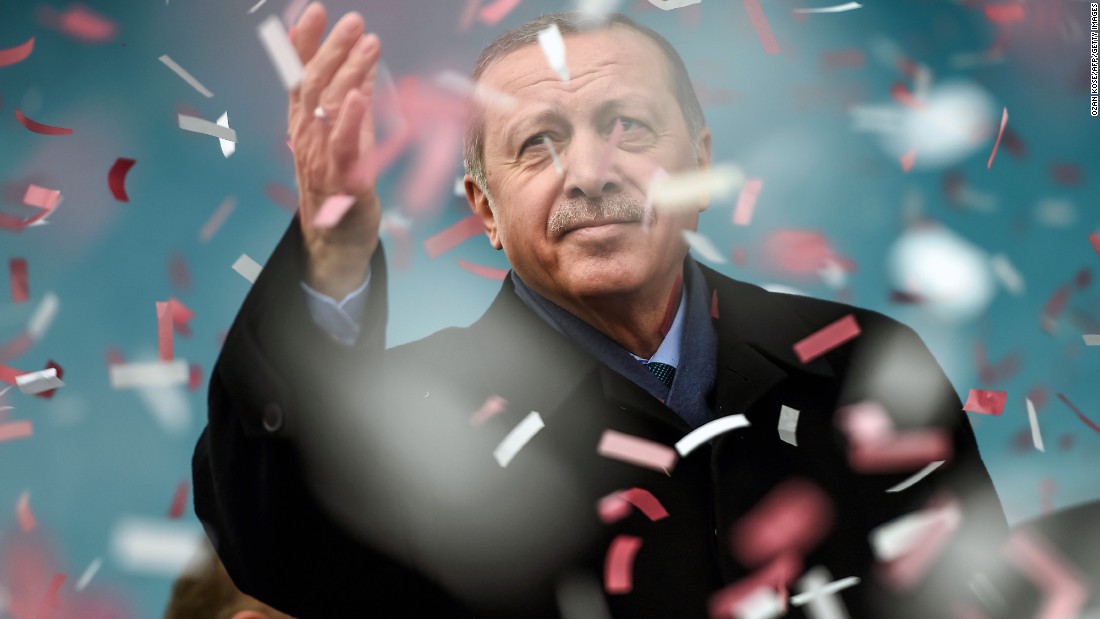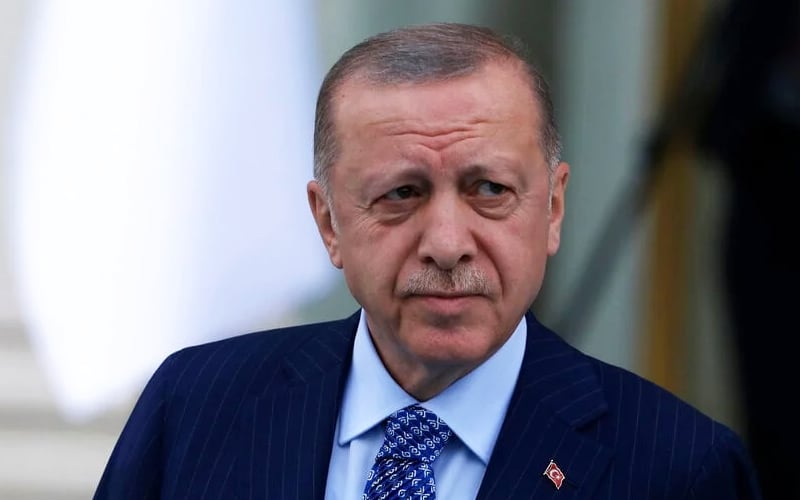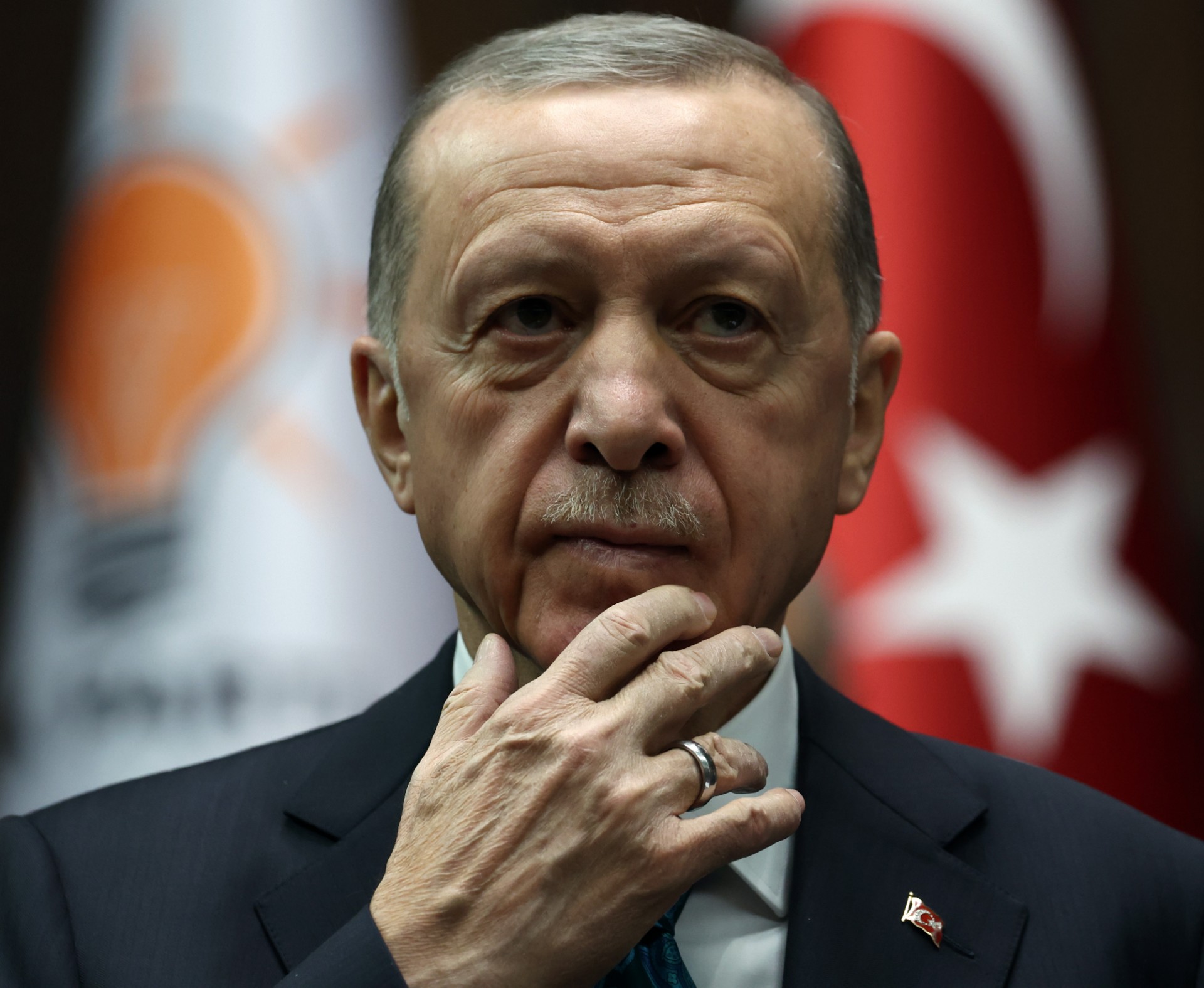Recep Tayyip Erdogan: Shaping Modern Turkey
Recep Tayyip Erdogan has become one of the most influential and polarizing figures in contemporary Turkish history. As the longest-serving leader in Turkey, Erdogan's policies and leadership style have significantly shaped the nation's political trajectory, economy, and global standing. His tenure has been marked by both admiration and controversy, making him a central figure in the geopolitical landscape.
Erdogan's rise to prominence began in the early 2000s when he assumed the role of Prime Minister of Turkey. Over the years, his leadership has fundamentally altered Turkey's political framework, transitioning the country from a parliamentary democracy to a presidential system. This transformation has sparked both acclaim and criticism, with supporters praising his decisive leadership and detractors voicing concerns about democratic regression.
As we delve deeper into Erdogan's political career, it becomes clear that his influence transcends Turkey's borders. His policies have reshaped regional dynamics, impacting relations with neighboring nations and major global powers. This article explores Erdogan's leadership, key policies, and the enduring impact of his tenure on Turkey and the world.
Read also:Who Won March Madness 2024 A Comprehensive Look At The Championship
Contents
- The Life and Background of Recep Tayyip Erdogan
- Erdogan's Political Ascent
- Notable Policies and Reforms
- The Economic Legacy of Erdogan's Leadership
- Erdogan's Role in Global Affairs
- Controversies Surrounding Erdogan's Rule
- Public Perceptions of Erdogan's Governance
- The Future of Turkey Under Erdogan
- Statistical Insights
- Final Thoughts
The Life and Background of Recep Tayyip Erdogan
Recep Tayyip Erdogan was born on February 26, 1954, in the picturesque city of Rize, Turkey. Raised in a humble household, Erdogan's upbringing was deeply influenced by his religious and cultural heritage. His parents, Ahmet Erdogan and Tenzile Erdogan, instilled in him values of faith, discipline, and public service from an early age.
Early Education and Political Awakening
Erdogan's formative years were spent in Istanbul, where he attended Imam Hatip schools, renowned for their focus on religious studies. Despite financial hardships, he excelled academically and developed a keen interest in politics. His passion for public service was evident as he actively participated in youth organizations, laying the groundwork for his future political career.
Below is a summary of Erdogan's personal details:
| Full Name | Recep Tayyip Erdogan |
|---|---|
| Date of Birth | February 26, 1954 |
| Place of Birth | Rize, Turkey |
| Spouse | Emine Erdogan |
| Children | Four children |
Erdogan's Political Ascent
Erdogan's entry into the political arena began in the 1970s when he joined the National Order Party, which later evolved into the Justice and Development Party (AKP). His political career gained momentum in the 1990s when he was elected Mayor of Istanbul. During his tenure, Erdogan implemented several transformative urban development projects, earning him widespread acclaim.
Path to Leadership
In 2002, Erdogan co-founded the AKP, which emerged victorious in the national elections. He became the Prime Minister of Turkey, a position he held until 2014. Under his leadership, Turkey experienced remarkable economic growth and significant infrastructure advancements. His ability to resonate with the electorate solidified his position as a dominant political figure.
Notable Policies and Reforms
Erdogan's administration has introduced a range of policies aimed at modernizing Turkey and enhancing its global influence. Some of the most impactful reforms include:
Read also:Exploring The Dynamic World Of Florida Atlantic Basketball
- Implementation of economic reforms to attract investment and foster growth.
- Expansion of healthcare and education services to underserved populations.
- Construction of landmark infrastructure projects, such as the Yavuz Sultan Selim Bridge.
- Constitutional amendments to consolidate executive powers.
The Economic Legacy of Erdogan's Leadership
Under Erdogan's leadership, Turkey's economy achieved substantial growth, with GDP increasing from $230 billion in 2002 to over $850 billion in 2022. However, the country also encountered challenges, including inflation and currency fluctuations. Despite these obstacles, Erdogan's economic policies have left a lasting imprint on Turkey's development trajectory.
Challenges and Opportunities
While Erdogan's economic reforms have driven positive change, they have also been accompanied by challenges. Critics argue that excessive government intervention has contributed to market instability. Nevertheless, Turkey remains one of the largest economies in the region, presenting ample opportunities for further growth.
Erdogan's Role in Global Affairs
Erdogan's foreign policy has been characterized by a pragmatic approach, skillfully balancing relations with Western and Eastern powers. His administration has worked to strengthen Turkey's position as a regional powerhouse, engaging in diplomatic efforts across the Middle East, Europe, and Asia.
Key Diplomatic Accomplishments
- Mediation efforts in the Syrian conflict, positioning Turkey as a key player in regional diplomacy.
- Strengthening ties with Gulf countries, enhancing economic and strategic cooperation.
- Expanding military cooperation with NATO allies, reinforcing Turkey's role in global security.
Controversies Surrounding Erdogan's Rule
Erdogan's leadership has not been without controversy. Critics have raised concerns about the erosion of democratic institutions, suppression of media freedom, and human rights violations. These issues have sparked debates both domestically and internationally, with calls for greater accountability and transparency.
Responding to Criticism
In response to these criticisms, Erdogan's administration emphasizes the importance of stability and security in a complex geopolitical environment. While acknowledging areas for improvement, they argue that the measures taken are essential to safeguard Turkey's interests.
Public Perceptions of Erdogan's Governance
Public opinion on Erdogan's leadership is polarized, with supporters celebrating his visionary leadership and opponents criticizing his authoritarian tendencies. Surveys conducted by reputable organizations reveal that Erdogan retains significant popularity among the Turkish populace.
Factors Influencing Public Perception
- Economic performance and job creation, which remain key indicators of public satisfaction.
- Infrastructure development and the expansion of public services, which have improved quality of life.
- Perceptions of government accountability and transparency, which shape trust in leadership.
The Future of Turkey Under Erdogan
The future of Turkey under Erdogan's leadership remains uncertain, as the nation grapples with domestic and international challenges. Key priorities include ensuring economic stability, implementing political reforms, and strengthening regional diplomacy. Erdogan's ability to navigate these complexities will determine the trajectory of Turkey's development in the years to come.
Statistical Insights
Data from the World Bank and other authoritative sources highlights the following:
- Turkey's GDP growth averaged 4.5% between 2002 and 2022, reflecting sustained economic expansion.
- Inflation rates have fluctuated, reaching over 80% in 2022, underscoring economic volatility.
- Turkey ranks among the top 20 largest economies globally, showcasing its economic significance.
Final Thoughts
Erdogan's leadership has profoundly influenced Turkey's political, economic, and social fabric. While his tenure has been marked by both achievements and controversies, his impact on the nation's trajectory is undeniable. As Turkey continues to evolve, the lessons learned from Erdogan's leadership will guide its future direction.
We invite readers to share their perspectives and engage in discussions about this article. For additional insights into global politics and leadership, explore our other articles on the website. Thank you for reading!


